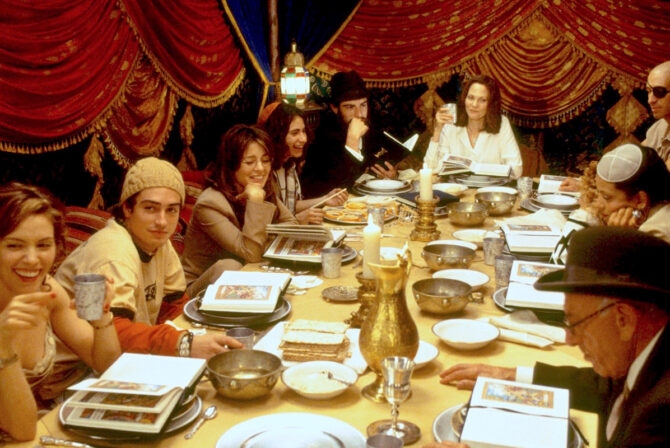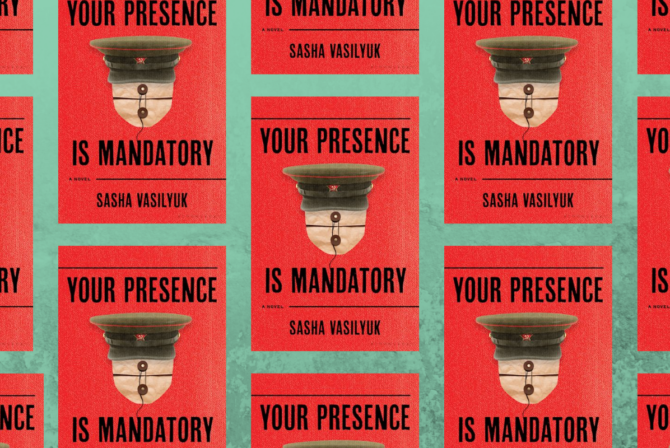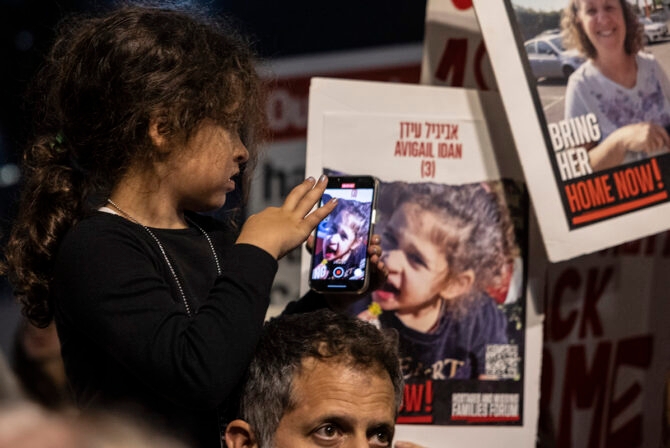I was raised by my secular, humanist Jewish family in the woods of central Maine. We were surrounded by lakes and maples, heard loons at night and occasionally, a moose and her calf wandered into our backyard, much to the consternation of our golden retriever. There were no sidewalks in our town, no traffic lights. My sisters and I played Laura Ingalls Wilder in the backyard until dark. It was isolated and idyllic.
That same isolation became disruptive once we entered the small public elementary school in the next town. We were raised to be proud and outspoken about our heritage, to speak up when teachers talked about Hanukkah in the context of “Christmas Around the World,” to bring in our brass menorahs and wooden dreidels and explain our customs to our classmates.
You may already know how this story goes. Sixth grade boys drew swastikas on their notebooks and showed them to me. “Do you know what this means?” they asked, feigning innocence. My sister’s classroom teacher referred to Judaism as a branch of Christianity, and her classmates called her a “stupid Jew” when she corrected her. A small blonde girl in my class kicked me as I walked up the stairs to the bus, hissing “Jew” in my ear as I fell. In middle school, well-meaning friends urged me to become a Jew for Jesus, to avoid my inevitable damnation. Our bus route took us past hand-painted signs nailed to a grove of trees that read “Jews = Sinners” and “Sinners Damned to Hell.”
I fled, first for Providence and then for Boston, planning a career on stage or in jazz clubs. I attended Yom Kippur services for the first time my freshman year at Brown, and marveled at how I had gone from sore thumb to getting lost in a crowd of other Jewish young adults. I was finally able to visit the delis I had only read about, join a klezmer band, enjoy a seder with my friends. I reveled in the normalcy of it all.
Life sends us down strange paths. At loose ends in Boston, in a new and wonderful relationship but without rewarding employment, I took a teaching position uncomfortably close to home–on an island off the coast of Maine. My boyfriend (now my husband) and I flew to San Diego, where he was raised, drove his white Toyota pickup across the country, packed it full of guitars, books, and my pet hedgehog, and put it on the ferry boat to North Haven.
North Haven is every bit as idyllic–and isolated–as my childhood home. I am confident that anyone would help anyone with anything, whether they were the best of friends or mortal enemies. There are no sidewalks and no traffic lights. Children roam the woods and tiny waterfront downtown, ignorant of the fears of mainland kids. And I am the only Jewish person in the year round community. (For the record, my husband is the only half-Guatemalan person here at any time of year!)
Each winter, I bring my brass menorah into various classrooms and talk about Hanukkah. The middle school visits the Holocaust Museum every other year. A member of the senior class asked me, in my first year on the island, if I worshipped the devil. Another student wrote “F*** Jew” on his belt. Every year I have to re-explain why we call it the Winter Concert and not the Christmas Concert. I am still educating my fellow educators about why Hanukkah isn’t “Christmas Around the World.”
I am expecting my first child in May, and we plan to stay here for the long haul. We plan to raise him or her as a humanist with a strong sense of both Guatemalan and Jewish identity. What will it be like for my child? How can I protect him or her from the teasing and torment my sisters and I received in our rural Maine community? How can I help our little piece of land in the middle of the ocean to accept someone even slightly different from the limited sliver of the world they have experienced?
We host a giant seder each spring with our non-Jewish friends, including the Union Church of Christ minister, at which we tell the story of the Exodus, sing “Let My People Go,” and eat copious amounts of matzah ball soup and macaroons and get giggly over Manischewitz Concord Grape wine. We’re chipping away at the idea of different and scary, and introducing the idea of different and fun.
I won’t know if it’s enough until my child boards the bus to go to school, or brings in his or her brass menorah, or explains to friends why he or she doesn’t go to church group after school. Until then, I will keep chipping away at misconceptions and fears until we all feel safe.
Like this post? Get the best of Kveller delivered straight to your inbox.







